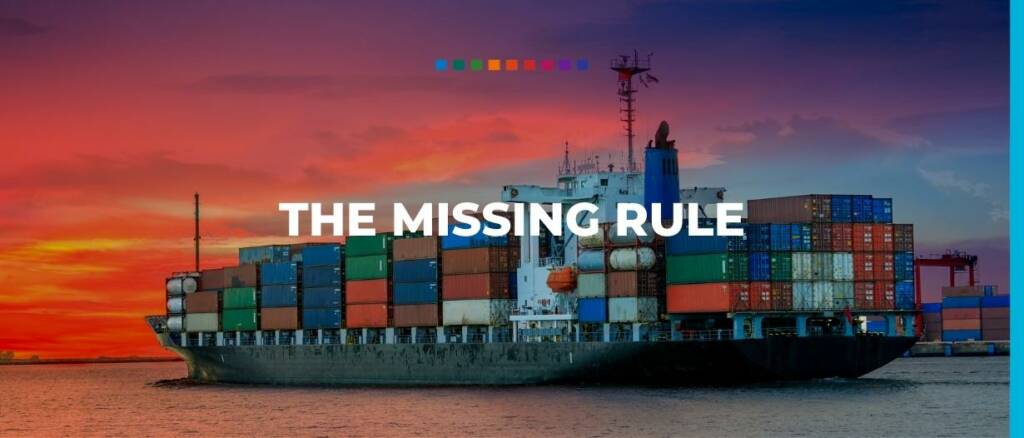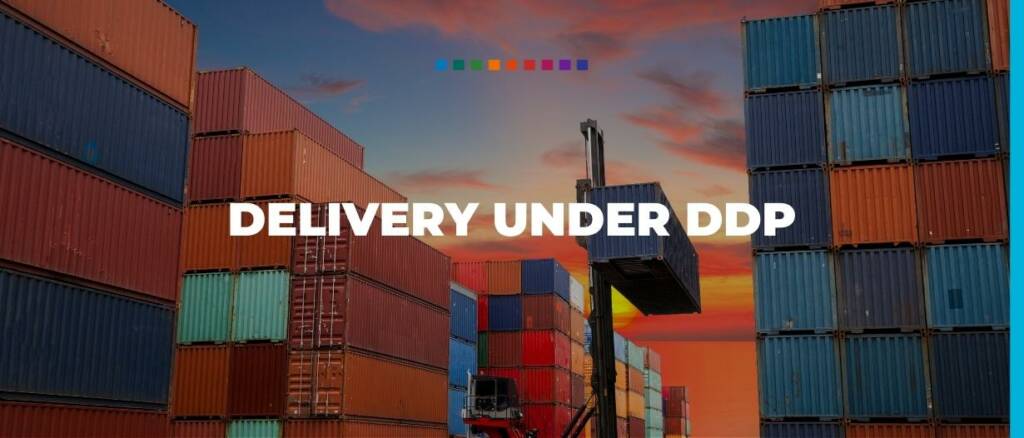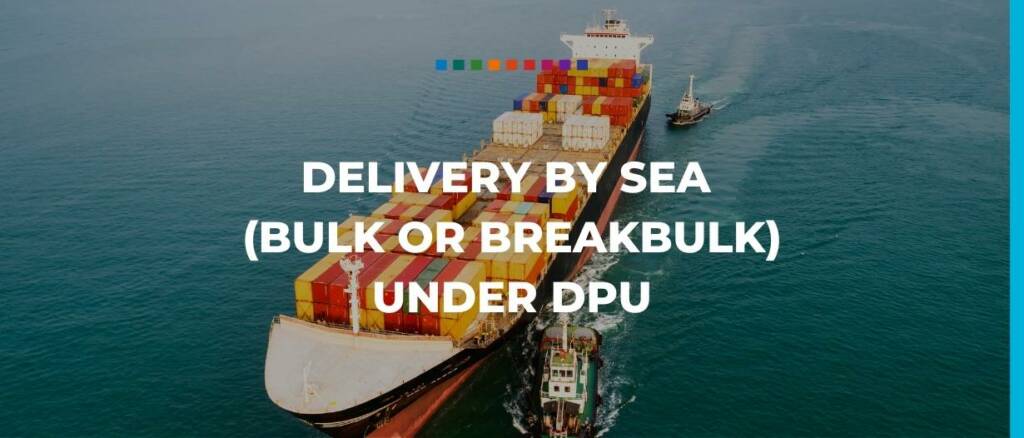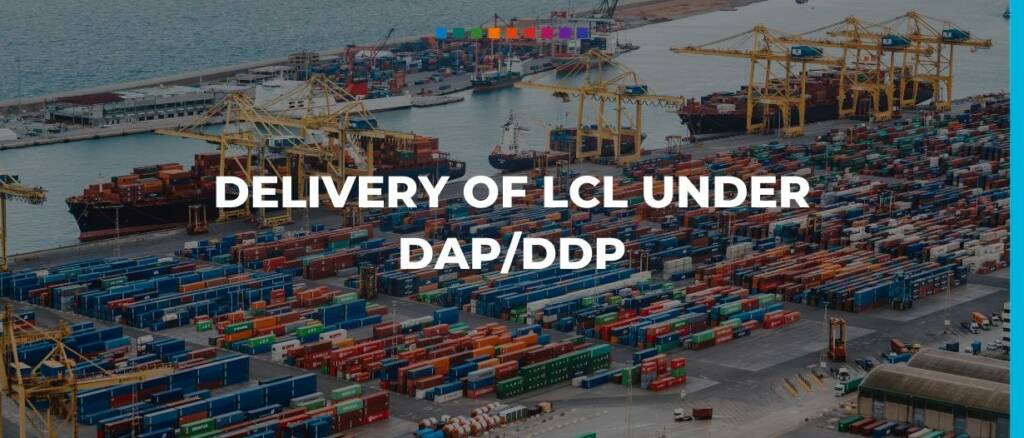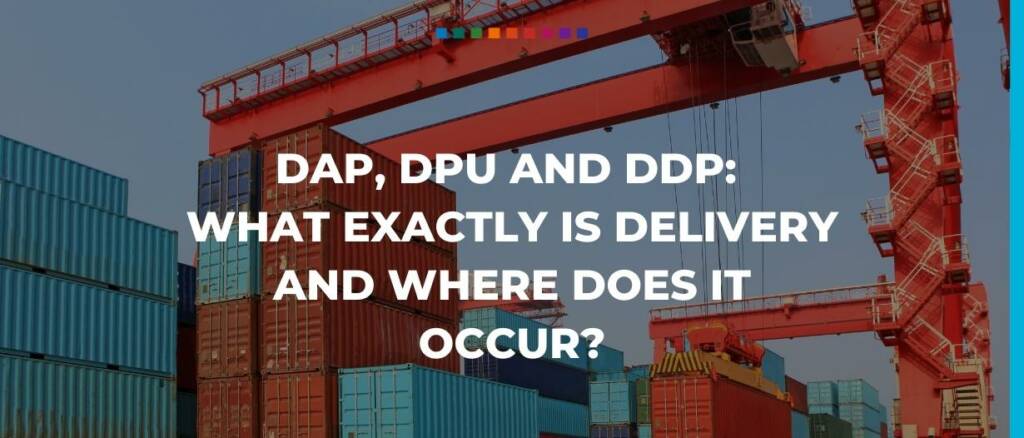We have DAP Delivered At Place (not unloaded) and DPU Delivered at Place Unloaded with in both cases the buyer import clearing. Then we have a step beyond DAP with DDP Delivered Duty Paid, with identical delivery but the seller is responsible for import clearance and VAT/GST.
Delivery is identical to that in DAP. The danger of DDP is in the requirement that the SELLER must import clear.
Delivery of the goods is “not unloaded” by the seller at the destination place, in this case the port of discharge. That means that the buyer needs to be able to unload the vessel at its own risk and cost.
It would be unusual but possible that delivery by road would be to a terminal for the buyer to then collect.
With DPU Destination Terminal for railfreight the goods are indeed unloaded from the railcar at the terminal as part of the seller’s contract of carriage.
Delivery of the goods is “unloaded” by the seller at the destination place, in this case the port of discharge.
Delivery of the goods is “not unloaded” by the seller at the destination place. It would be unusual that delivery by road would be to a terminal for the buyer to then collect.
Delivery of the goods is “not unloaded” by the seller at the destination place. There is however a problem with DAP Airport
Delivery of the goods is “not unloaded” by the seller at the destination place. There is however a problem with Delivery at Paid (DAP) Container Freight Station (CFS).
The current Incoterms 2020 rules, like those in previous versions before them, are entirely devoid of any clue to assist the very people they are all about – the seller and the buyer.















